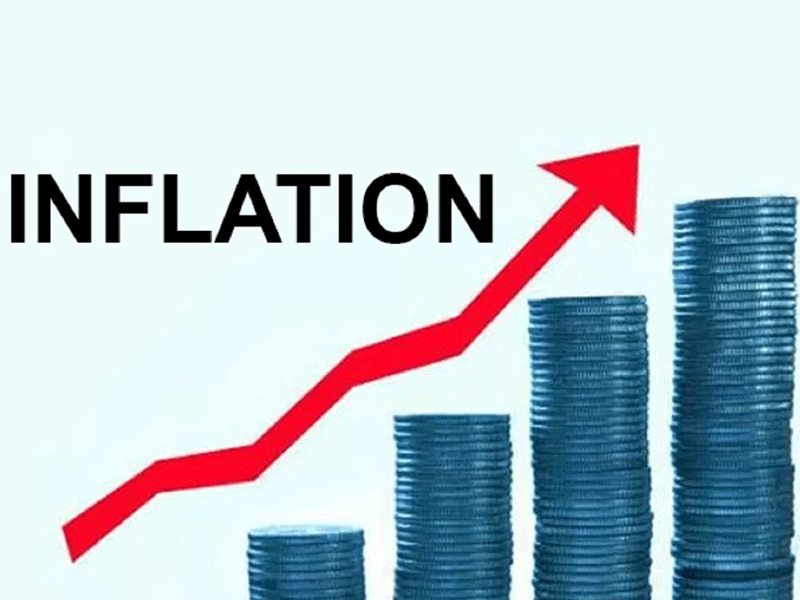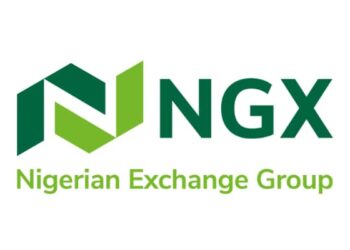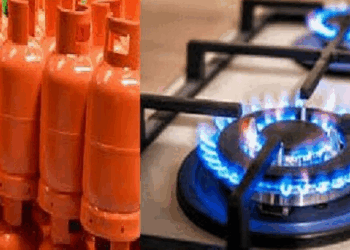It is well known that several economies, including Nigeria, are now undergoing inflation. Indeed, the last several months have been rather intriguing mostly owing to the significant inflationary pressure. The consequences of its influence have persisted, with significant consequences for businesses, families, and the cost of living. While inflation impacts everyone, significant inflation may particularly harm the economy and businesses, especially micro, small, and medium enterprises (MSMEs). In the presence of chronic inflation, both firms and families often experience subpar performance, resulting in an anticipated increase in the cost of products and services. This has been the troubling trend in Nigeria in recent times, where high price increases have been recorded in transportation, food costs, household needs, raw materials, pharmaceutical products, health care, motor cars, vehicle spare parts, equipment, and in prices of services amongst others. Admittedly, inflation erodes our value of money, erodes the purchasing power of all of us and the poor become poorer. Therefore, the nexus of the impact of inflation is the specific focus of this piece. However, it was mainly instigated by the continuous rise in the level of inflation rate in Nigeria in recent times. The consequences and impact of inflation (price instability) in Nigeria cannot be over-emphasised, we can all feel it.
Inflation is simply seen as a persistent rise in the general price level of the broad spectrum of goods and services in a country over a long period. Largely, when prices of energy, food, commodities, goods, and services go up, it hurts all of us, and hardship is heightened. A major driver of Nigeria’s headline inflation has been the consistent rise in food costs. In recent times we have noticed daily rises in all price of commodities and food prices which is already manifesting as a cost of living crisis.
Significantly, history and literature present some other factors adduced to the unsustainable economic growth in Nigeria apart from the high inflation rate, and it includes the incessant insecurity in many parts of the country, rising foreign and domestic debt, currency exchange rate volatility, propensity to consume more and save less, decrepit infrastructure and poor policy implications, among others. Regrettably, these issues can further compound and manifest in areas we already have a deficit as a nation, staggering unemployment, rising cost of living, bleak business continuity, poverty level increase, illiteracy, crime, and terrorism. Another perennial issue is the country’s over-reliance on crude oil production revenue, which has posed unsustainable due to exposure to global shocks.
Based on the aforementioned and from the inflationary perspective, to achieve adequate price stability in the country, the government needs to reduce the budget deficit, and adopt significant structural policy reforms with monetary and fiscal policies. Such as reducing import duties on some essential items and commodities and so on. This will help to control inflation and maintain stronger growth rates in terms of improved Gross Domestic Product (GDP) and to stabilise the tide of inflationary pressures on the economy and in business operations. It is advocated that political leaders should minimise avoidable public spending, reduce spending on non-development activities, address insufficient infrastructure, and build strong and effective institutions. The massive growth and developmental challenges of the country can improve by also promoting the human and SME ecosystem. The SME sector can play a major role in the economic growth of the country through the distribution of wealth, poverty reduction, and job creation. The sector is labor-intensive and can provide a reasonable reduction in the unemployment rate in the country but the government needs to provide an adequate enabling environment and support for the sector to strive.
Considerably, institutions, businesses, and individuals have the opportunity to beat inflation by accelerating the preservation of capital and strengthening purchasing power with income addition. This can be done by acquiring investments particularly assets such as real estate because they usually keep up with inflation. Remember N1, 000,000 today will not acquire the same value of investments, goods, and services in 5 years mainly due to inflation. Therefore, investing is key to hedge against a sharp inflation impact because it erodes the value of savings if funds are just left in the bank accounts.
Supportively, it is imperative to consider investing in other currencies, diversify your investment portfolio internationally if you can, and consider inflation-protected securities with potential for higher growth like equities, Gold Shares ETF, or mutual funds. These can earn more interest returns per year than the inflation rate therefore the options are reasonable. It is also possible to start a business, cultivate passive income, and even buy items with a long shelf life today to mitigate the impact of inflation. Good luck!





